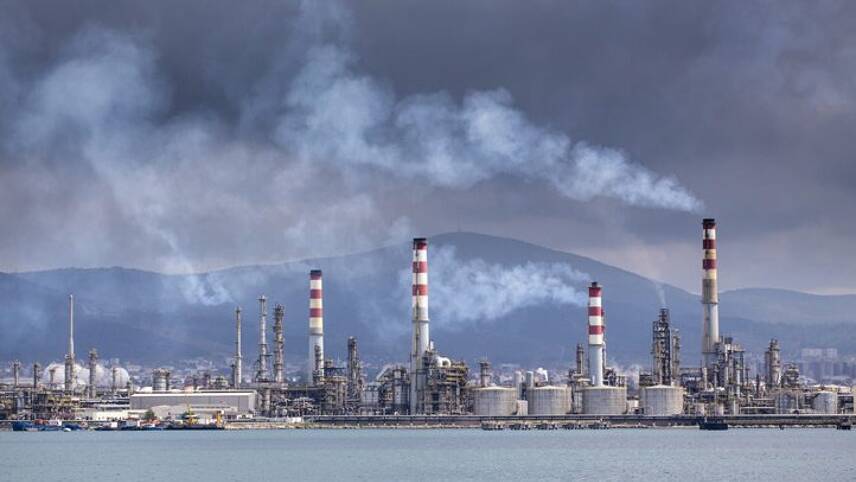Register for free and continue reading
Join our growing army of changemakers and get unlimited access to our premium content

There have been some wonderful words coming out of COP26. “It’s one minute to midnight on that Doomsday clock, and we need to act now,” said Johnson. “We can do this – we just have to make a choice to do it,” said Biden. Enough to make the heart sing – but something is decidedly off-key.
The unavoidable fact is that governments around the world are subsidising the fossil fuel industry to the tune of $11m every minute, over $1.3bn per day.
In what sounded like a progressive announcement on the eve of COP26, the G20 pledged that members would halt all overseas coal finance by the end of 2021. Yet there was an echoing silence on ending fossil fuel subsidies either internationally or domestically.
The G20 governments spent $584bn each year between 2017 and 2019 on fossil fuel subsidies, and their support for fossil fuels in the wake of the COVID-19 pandemic, far from a green recovery, is moving in the wrong direction by increasing support. Fossil fuel subsidies outweigh the support given to renewable energy 20 times over.
The G7 did better, pledging to end all “inefficient” subsidies by 2025. And yet still the logic beggars belief. What could possibly be more inefficient than using public money to invest in the demise of humanity?
Whether it’s tax breaks for fossil fuel corporations or governments paying to clean up the environmental destruction they cause, these subsidies give a tiny handful of companies artificial support to make more money while they further accelerate the climate crisis.
Even subsidies ostensibly for renewable energy have been propping up outdated fossil-era industry. The Drax power plant in the UK, which still burns coal, last year received over £2m pounds every day for burning unsustainable biofuels that vastly exceed the UK’s wood production and meet only 0.8% of its energy demands.
Some might point to recent rises in fuel prices as a reason to keep subsidies, yet this too is false accounting. Just this week, the Organisation for Economic Co-operation and Development (OECD) and International Energy Agency (IEA) warned against this, saying that fossil fuel subsidies are an ineffective way to support low-income households compared to targeted benefits, and tend to favour wealthier households.
The solution is clear and simple: end all public finance for fossil fuels immediately, redirect the power of government spending towards renewables, and deliver the energy transformation we need to avoid the worst impacts of the climate crisis.
We have nine years, according to the IPCC, to make dramatic reductions in our carbon emissions to stand a chance of avoiding the worst impacts of the climate crisis. This is the renewable sector’s time to shine. Green businesses are key to climate action, and governments must provide the support they need to achieve a just transition to alternative energy and a sustainable future. The fossil fuel industry is outdated and no longer fit for purpose, we need to forge ahead and take the opportunity to innovate before it is too late.
Industry, business, governments – those contributing most to climate breakdown – need to step up and re-think the way they operate.
Continuing subsidies for planet-destroying industries locks us into the economic models we need to leave behind, stranding assets and finance which could otherwise be used to start a surge of sustainable green jobs.
Harmful subsidies make no environmental, economic or moral sense. To take on the planetary emergency, and build a safer, more sustainable, fairer world, we must redirect the vast power of public finance for good, turning harmful subsidies into the financial muscle so urgently needed to get us to a real zero-carbon economy and restore the natural systems we all ultimately depend upon.
As UN Secretary-General Antonio Guterres said: “What we are doing is using taxpayers’ money – which means our money – to boost hurricanes, to spread droughts, to melt glaciers, to bleach corals. In one word – to destroy the world.”



First question, who is prepared to reduce, substantially, their energy requirement???
Second, who is prepared to pay substantially more for non carbon energy??
Volunteers, step forward.
Richard Phillips